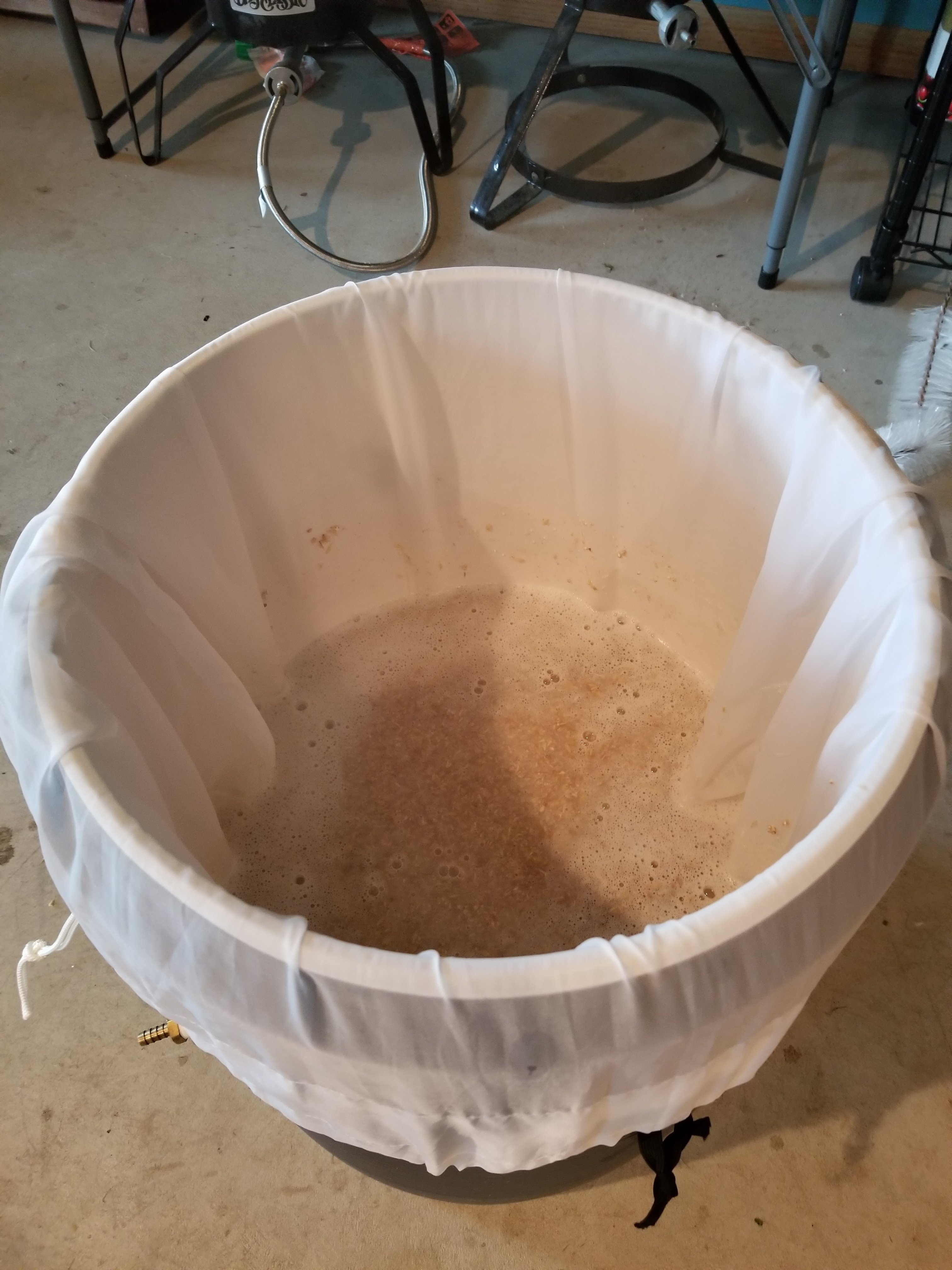So i think im gonna try batch sparging tomorrow. Im going to have 5 gallons of sparge water. Do i need to break it up into two 2.5 gallon sparges or do it all at once?
The way it works is drain first runnings, add the batch sparge water, stir, let sit for 10 min, drain again. That all there is to it?
The way it works is drain first runnings, add the batch sparge water, stir, let sit for 10 min, drain again. That all there is to it?



















































![Craft A Brew - Safale BE-256 Yeast - Fermentis - Belgian Ale Dry Yeast - For Belgian & Strong Ales - Ingredients for Home Brewing - Beer Making Supplies - [3 Pack]](https://m.media-amazon.com/images/I/51bcKEwQmWL._SL500_.jpg)







